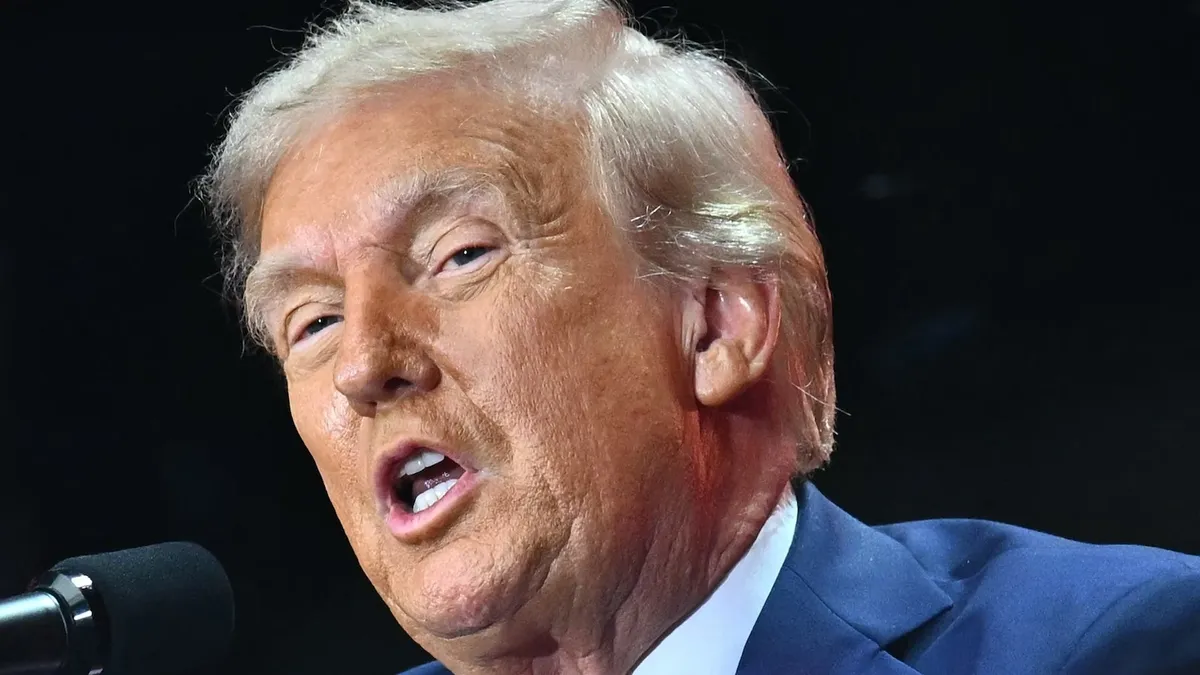
President Donald Trump is set to deliver a significant speech on Tuesday at the United Nations General Assembly as world leaders gather in New York for the organization's 80th session. According to the White House, Trump's remarks will focus on promoting the renewal of American strength globally, a statement made by White House Press Secretary Karoline Leavitt during a press briefing on Monday.
During his speech, Trump is expected to address the perceived decline of globalist institutions and their impact on the global order. He aims to present a clear and constructive vision for the future of international relations, Leavitt indicated. This address will mark Trump’s first appearance at the annual gathering since his return to office, emphasizing his commitment to a robust American presence on the world stage.
Later on Tuesday, Trump will engage in bilateral meetings with several prominent leaders, including U.N. Secretary-General António Guterres and the heads of state from Ukraine, Argentina, and the European Union. Additionally, he will host a multilateral meeting with leaders from countries such as Qatar, Saudi Arabia, Indonesia, Turkey, Pakistan, Egypt, the United Arab Emirates, and Jordan.
This year's U.N. General Assembly is likely to be dominated by discussions surrounding Israel's war against Hamas in Gaza and the ongoing Russia-Ukraine war. Prominent world leaders, including key U.S. allies like the United Kingdom and Canada, are moving towards formally recognizing Palestinian statehood as international concern grows over Israel's military actions in Gaza and the escalating humanitarian crisis.
On Monday, French President Emmanuel Macron announced at the U.N. General Assembly that France recognizes a Palestinian state, stating, "The time for peace has come." Meanwhile, Palestinian President Mahmoud Abbas addressed the assembly virtually after having his U.S. visa revoked last month. Abbas condemned the violence that erupted on October 7, 2023, and called for Hamas to disarm. He expressed his willingness to work with Trump to establish a peace plan and advocated for a permanent ceasefire.
Trump has indicated a desire for the conflict in Gaza to end but disagrees with the approach of recognizing Palestinian statehood, believing it does not contribute to the release of hostages or to ending the conflict. Leavitt stated, "He feels this does not do anything to release the hostages, which is the primary goal right now in Gaza." Trump perceives these moves as mere rhetoric rather than actionable solutions.
Regarding the Russia-Ukraine war, Ukrainian President Volodymyr Zelenskyy has urged attendees at the U.N. General Assembly to exert strong political pressure on Russia. "There is a real need for strong pressure on Russia," Zelenskyy emphasized, calling for collective action from nations that uphold international law.
Trump has expressed frustration with Russian President Vladimir Putin, particularly following their recent summit in Alaska, which yielded no significant progress. He remarked last week that he believed the conflict would be one of the easiest global issues to resolve due to his relationship with Putin, but expressed disappointment, stating, "He's really let me down." Additionally, Trump has indicated a willingness to apply more pressure on Russia, contingent upon other countries reducing their purchase of Russian oil. "If the oil price comes down, very simply, Russia will settle," he noted.
As the U.N. General Assembly unfolds, Trump's address and subsequent meetings will be closely watched, with the potential to significantly influence international diplomacy and conflict resolution strategies.